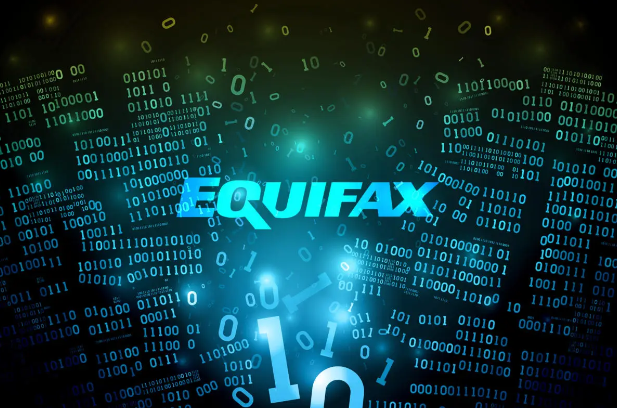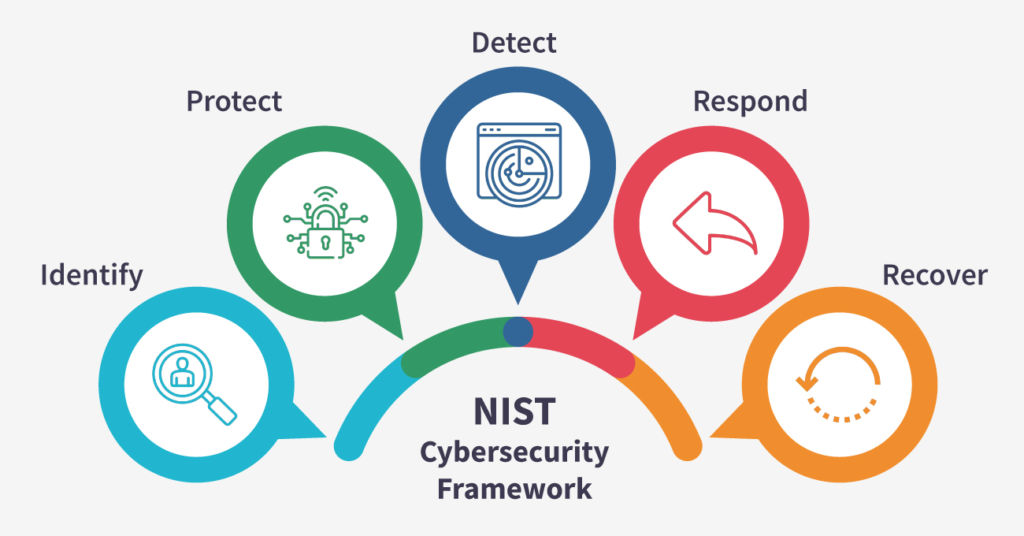
In 2017, Equifax, one of the largest credit reporting agencies in the US, suffered a massive data breach that exposed the personal and financial data of over 147 million consumers. The breach was one of the most significant data breaches in history and had far-reaching consequences for both Equifax and the consumers whose data was compromised.
In this blog, we will explore the impact of the Equifax data breach and its implications for consumer privacy and security.
What Happened in the Equifax Data Breach?
The Equifax data breach occurred between May and July 2017, but it was not until September 2017 that Equifax publicly disclosed the breach. The breach exposed sensitive personal and financial information, including names, addresses, birth dates, Social Security numbers, and in some cases, driver's license numbers and credit card information. The breach affected consumers in the US, UK, and Canada and was one of the most significant data breaches in history.
The breach was the result of a vulnerability in Equifax's website software, which allowed hackers to gain access to sensitive data. Equifax's failure to patch the vulnerability in a timely manner and its inadequate security measures also contributed to the breach.
Impact of the Equifax Data Breach
The Equifax data breach had far-reaching consequences for both Equifax and the consumers affected by the breach. Here are some of the most significant impacts of the breach:
Financial Losses:
Many consumers affected by the Equifax data breach suffered financial losses as a result of the breach. Hackers used the stolen data to commit identity theft and other financial fraud, resulting in significant losses for some consumers. Equifax also suffered significant financial losses as a result of the breach, including fines, legal settlements, and a drop in its stock price.
Reputational Damage:
The Equifax data breach damaged the company's reputation and eroded consumer trust in Equifax and other credit reporting agencies. Equifax's response to the breach was criticized for being slow, inadequate, and lacking transparency, further damaging its reputation.
Increased Scrutiny of Data Privacy and Security:
The Equifax data breach led to increased scrutiny of data privacy and security practices by consumers, regulators, and businesses. The breach highlighted the need for stronger data privacy and security regulations and standards, and spurred many companies to re-evaluate and improve their own data privacy and security practices.
Legal and Regulatory Consequences:
The Equifax data breach led to numerous lawsuits and regulatory investigations. Equifax faced legal action from consumers, regulators, and shareholders, and was fined by regulators in the US, UK, and Canada. The breach also led to new data privacy and security regulations, including the General Data Protection Regulation (GDPR) in the EU and the California Consumer Privacy Act (CCPA) in the US.
Implications for Consumer Privacy and Security
The Equifax data breach has significant implications for consumer privacy and security. Here are some of the most significant implications:
The Need for Stronger Data Privacy and Security Standards:
The Equifax data breach highlighted the need for stronger data privacy and security standards and regulations. Companies that collect and store sensitive consumer data must implement robust security measures to protect that data, and regulators must enforce strict privacy and security standards to ensure companies are held accountable for breaches.
The Risks of Centralized Data Storage:
The Equifax data breach also highlighted the risks of centralized data storage. Credit reporting agencies like Equifax collect and store massive amounts of sensitive consumer data in a centralized location, making them a prime target for hackers. As such, there is a growing need for decentralized data storage solutions that distribute data across multiple locations and encrypt it to protect it from unauthorized access.
The Importance of Consumer Education:
The Equifax data breach also underscored the importance of consumer education around data privacy and security. Consumers must be aware of the risks associated with sharing their personal and financial information online and take steps to protect that information. This includes using strong passwords, enabling two-factor authentication, and being cautious about sharing sensitive information online.
The Need for Improved Incident Response Plans:
The Equifax data breach highlighted the need for improved incident response plans among companies that collect and store sensitive consumer data. Equifax's slow and inadequate response to the breach allowed hackers to continue to access sensitive data for months before the breach was discovered. Companies must have robust incident response plans in place to quickly detect and respond to security breaches and mitigate the damage.
Conclusion
The Equifax data breach was a wake-up call for companies and consumers alike, highlighting the need for stronger data privacy and security standards, decentralized data storage solutions, consumer education, and improved incident response plans. The breach had far-reaching consequences, including financial losses, reputational damage, increased scrutiny of data privacy and security practices, and legal and regulatory consequences. As such, it is essential that companies that collect and store sensitive consumer data take steps to improve their data privacy and security practices and implement measures to protect that data from unauthorized access. Consumers must also take steps to protect their personal and financial information online and be aware of the risks associated with sharing that information. By working together, we can help prevent future data breaches and protect consumer privacy and security.





